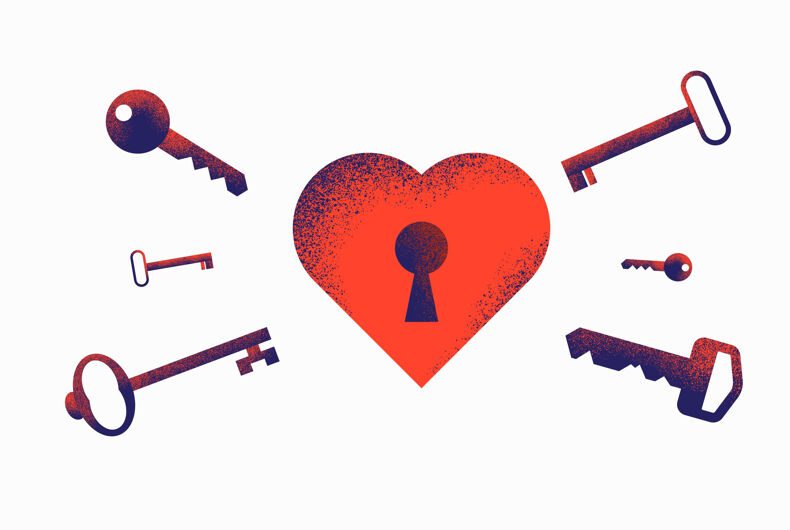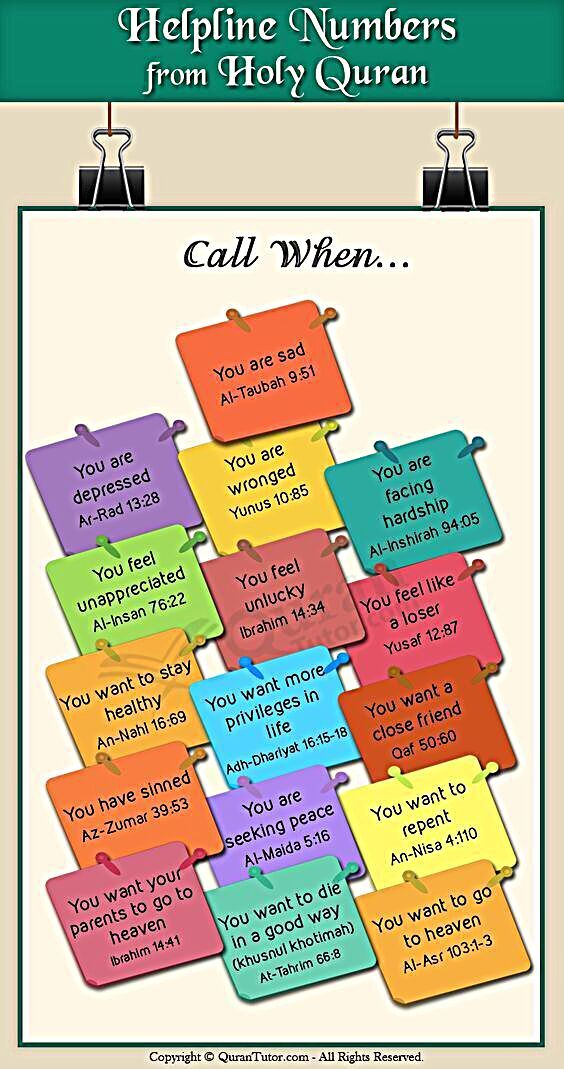Overcoming low self esteem in relationships
Building Self-Esteem and Improving Relationships
Source: photo by L. Grande
Positive self-esteem is critical to an individual’s mental health and ability to relate well to others. By strengthening one’s self-esteem, one will increase contentment in relationships and, as a result, the emotional health of all family members. The paradox of healthy self-esteem is that we need someone else to validate ourselves as worthy.
This is not to say that single people suffer low self-esteem, as long as they have at least one important loving relationship in their life, such as a friend, parent, or sibling. “We need at least one significant other who verifies our sense of worth. Our identity is the difference about us that makes a difference. It must always be grounded in a social context—in a relationship” (Bradshaw, 1996).
Once one accepts the importance of self-esteem to relationships and vice-versa, it makes sense to put conscious effort into building or strengthening both our own self-esteem and that of our significant other. The following are a few suggestions for increasing relationship contentment and stability by building positive self-esteem.
1. Avoid criticizing, blaming, and shaming.
Most unhealthy relationships are characterized by excessive amounts of criticism and judgment. Persistent criticism, judgment, and blaming lead to chronic feelings of shame. While there are some aspects of shame that are adaptive, such as realizing that we are fallible and sometimes need help, too much shame results in low self-esteem. It causes feelings of “being flawed”.
It is important to distinguish shame from guilt. Both may result from making a mistake or having done something wrong. John Bradshaw summed up the difference as: a guilty feeling means “I did something wrong” while shame feelings mean “There’s something wrong with me” (Bradshaw, 1996). While guilt tied to a specific behavior might lead to corrective action, shame too often results in feelings of inadequacy, and therefore low self-esteem.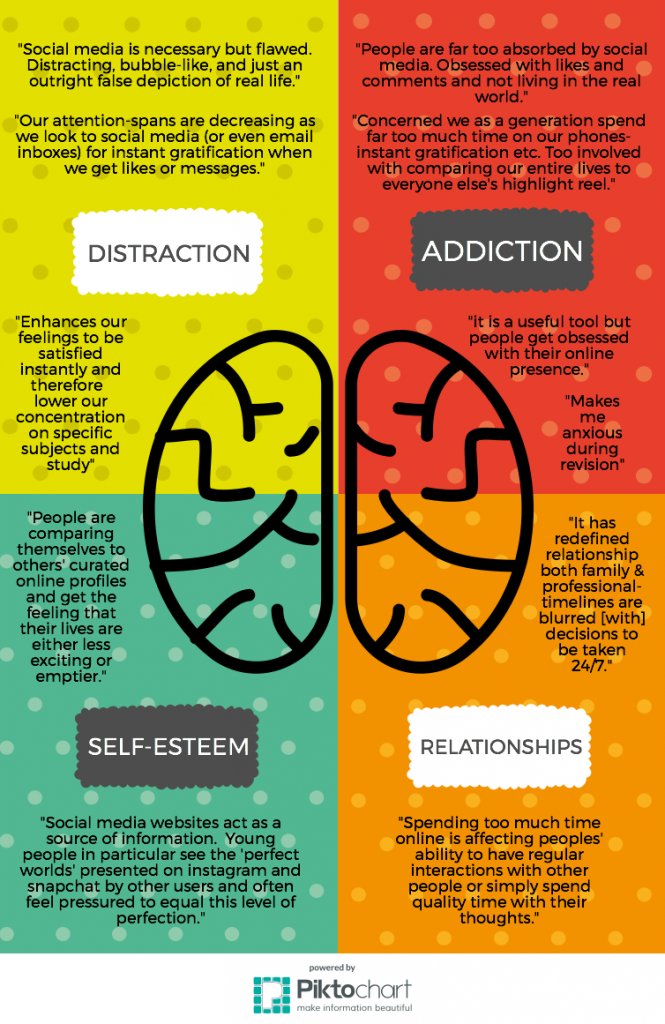
How is this relevant to couples’ relationships?
It is not at all unusual for couples who are arguing to fall into a habit of criticizing each other. “If you weren’t so selfish, you’d be helping more with the housework!” “You’re so irresponsible with money. That’s why we struggle to pay bills.” Even worse, “What is wrong with you?! Don’t you know better than to do that?!” These are all attacks on the other person’s character and their sense of self. They usually evoke feelings of shame or embarrassment, possibly stirring up childhood wounds caused by the criticisms of a parent. Even if you get the result you are seeking in the short-term from this type of comment (for example, a sudden effort to help clean up the home), you could be causing serious harm to your relationship. John Gottman’s research found that constant criticism is one of the four signs of a deteriorating relationship (Gottman, 1999).
2. Accept the other person as they are; don’t try to change them.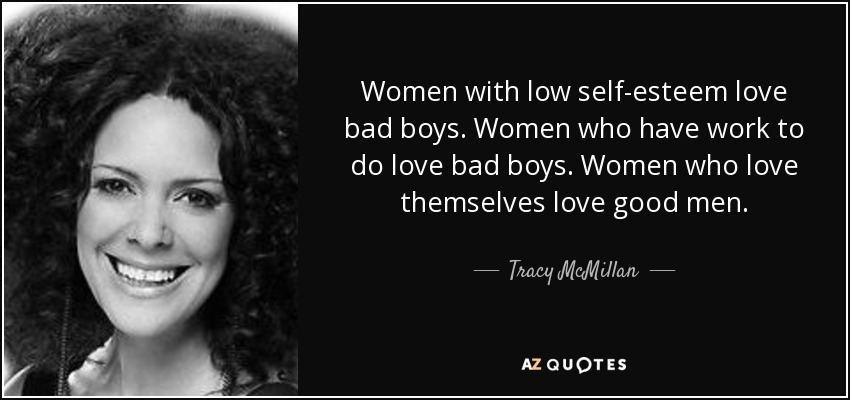
Accepting the other individual’s basic personality includes acceptance of the traits that you appreciate and those that you don’t. The basic “big five” personality traits are: Openness to new experiences (vs. preference for the familiar/safe), conscientiousness (vs. carelessness), extroversion (vs. introversion), agreeableness (vs. argumentativeness), and neuroticism (vs. emotional stability). These traits aren’t likely to change much during a lifetime, although one can modify their behavior with some effort. Criticizing or judging someone else’s behavior as it relates to these traits is pointless and does more harm than good.
For example, one of my therapy couples had repeated arguments about the lack of neatness and organization in their home. Allison preferred an orderly home where everything was in its place and the space was uncluttered. Joe was the complete opposite; he was more content to leave things wherever he last used them and not concern himself with neat appearances.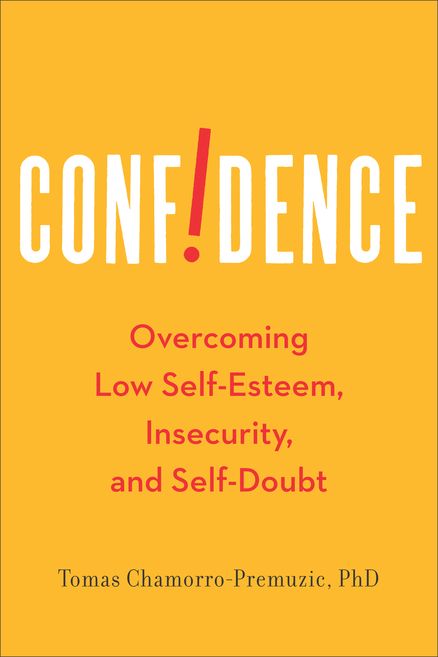 A constant argument was over Joe leaving his shoes in the “middle of the kitchen floor”, as well as papers and a laptop on the dining table. Allison was generally more conscientious about neatness than Joe, and this difference was very upsetting for both. She accused him of being “sloppy and inconsiderate”, to which he responded that he felt “controlled by her.” This interaction caused bad feelings for both. Once both of them accepted that there is no need for judgment on the issue and neither was “right” or “wrong," they were able to form behavioral compromises.
A constant argument was over Joe leaving his shoes in the “middle of the kitchen floor”, as well as papers and a laptop on the dining table. Allison was generally more conscientious about neatness than Joe, and this difference was very upsetting for both. She accused him of being “sloppy and inconsiderate”, to which he responded that he felt “controlled by her.” This interaction caused bad feelings for both. Once both of them accepted that there is no need for judgment on the issue and neither was “right” or “wrong," they were able to form behavioral compromises.
3. Offer genuine praise and appreciation for the traits that you value in each other.
Speaking genuine words of appreciation is one of the six major ways that we express love for others. This act also has a very positive impact on self-esteem, particularly when the praise is about general attributes, rather than specific accomplishments. “I love your creativity and your imagination.” “Your sense of responsibility lets me relax and not always be the conscientious one.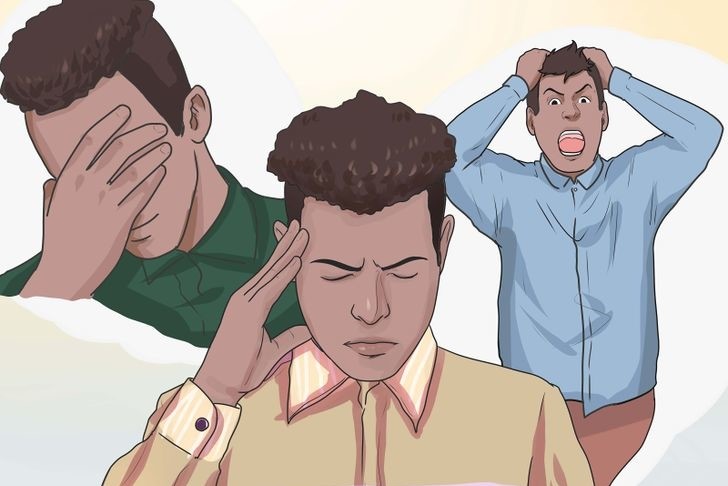 ” Comments such as these have the effect of reinforcing our sense of being whole and valued.
” Comments such as these have the effect of reinforcing our sense of being whole and valued.
4. Avoid perfectionism in yourself and in others. Accept mistakes as part of humanity.
When children are raised in a culture of perfectionism, there is constant fear and avoidance of making a mistake. The family rule becomes: Always be right, and be better-than-others. If you were raised in a perfectionistic family, you may feel that you must always manage the impression that you make on others. “What will people think of me, or of us as a family?” This unrealistic goal leads to profound hopelessness. It sets you up for an impossible task because human beings are imperfect. To be truly human and genuine requires the recognition that no one is perfect. In the words of Bradshaw, “Perfectionism is inhuman.” If you do not expect perfectionism in yourself, you will not expect it from others. Improved self-esteem will result from this shift in expectations of yourself and your loved ones.
If you are in a relationship with someone of special importance to you, there is an opportunity for personal growth. The ways in which you communicate with each other can have a positive or negative impact on self-esteem for both of you. Following these guidelines can help you boost each other’s self-esteem and as a result, your relationship satisfaction.
How to Deal with Low Self Esteem in a Relationship?
Low self-esteem can harm a relationship, and brushing it off won’t make it go away.
Hence we asked 8 experts, “How to deal with low self-esteem in a relationship?”
Learn from their helpful tips below.
Gabrielle Freire
Licensed Marriage and Family Therapist
Self-esteem develops and evolves throughout our lives as we build an image of ourselves through the experiences we have with different people. Experiences we had as children play a significant role in shaping our self-esteem. Often that results in an inner voice, often described as a critic.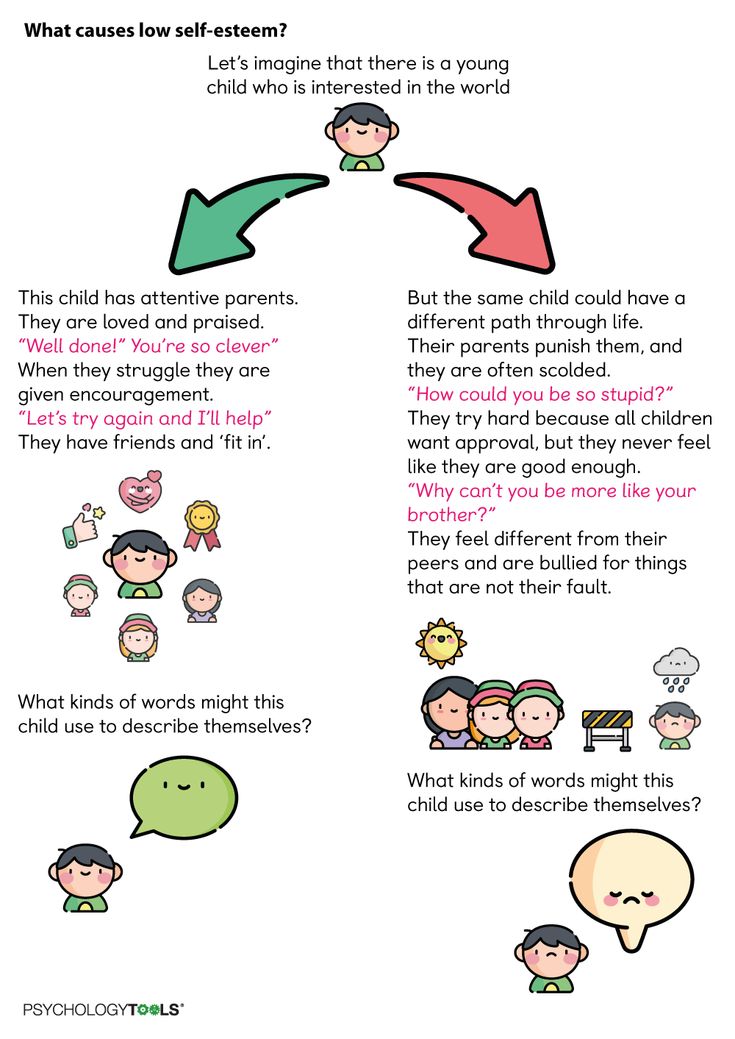
Let’s face it, relationships can trigger insecurities even with someone who has healthy self-esteem so if you suffer from low self-esteem a relationship may have its challenges and may negatively impact your relationship
So, let’s look at the consequences of low self-esteem and how they can impact your relationship:
Low self-esteem often results in stress or anxiety, loneliness and an increased likelihood of depression, it can cause problems in friendships and relationships, it can impair your work or job performance and it can lead to an increased chance of using drugs or alcohol.
With that being said having low self-esteem can definitely impact your relationship.
So, if you’re the one with low self-esteem there are three steps I recommend you try:
Rebut that inner voice aka the inner critic
You can do that through stopping the negative voice (when you catch yourself thinking that way) and then replace that thought with one that is positive or healthier.
You can do things to nurture yourself such as practicing some self-care even if you don’t feel like you deserve it.
Try picking up a hobby which may push you out of your comfort zone
Try exercising a couple of days of the week to contribute to you feeling better about yourself so you have some more confidence than you normally would.
Having a “Fake it” until you “make it” attitude can also help in developing new skills because of you “fake it” until you begin to feel comfortable with the skill or activity, slowly you’ll come to believe it.
Get some support from a guidance counselor or therapist
An important step is to get some support from a guidance counselor or therapist to talk about your low self-esteem.
A trained professional can explore the underlying thoughts and feelings that could be impacting your current self-esteem but let’s face it, if you have low self-esteem this may be challenging for you so talk to your friends about your low self-esteem and ask them what they like about you or ask for time to vent while you start to figure out the problems in your life.
Whatever you decide, self-exploration is key in raising your self-esteem. Talk to your partner, share your strengths and areas that you may need some extra support and remember that ultimately you take care of you.
Dr. Jess O’Reilly
Resident Sexologist, Astroglide
How you feel about yourself affects how you perceive and treat others, which in turn, affects how they perceive and treat you.
It’s important to note that confidence isn’t a fixed state, but an experience that fluctuates over time. You may feel confident one day and face challenges in self-esteem the next.
If you’re dealing with low self-esteem:
Consider your social circle
Do they treat you well? Do they treat one another well? Are they kind to themselves?
The people with whom you surround yourself influence your self-image and self-esteem.
For example, body image is contagious and if your friends speak disparagingly about their bodies, you’re likely to do the same.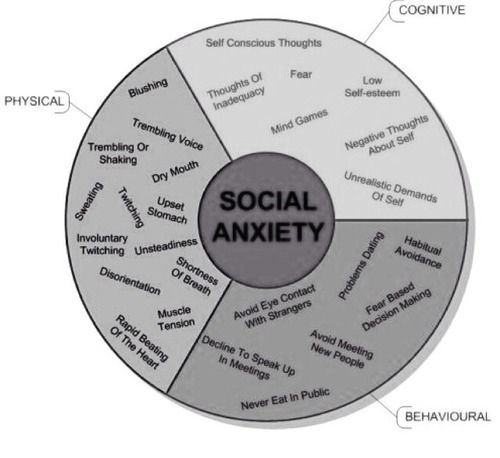 You may need to cut off conversations that center on body-negativity or subvert these dialogues by talking about how much you like your body.
You may need to cut off conversations that center on body-negativity or subvert these dialogues by talking about how much you like your body.
Repeat compliments to yourself three times
When someone criticizes you, you’re likely to replay their criticism over and over again (until you begin to believe it).
Flip the switch and do the same with compliments. Instead of brushing them off, say thank you with grace and then repeat the compliment to yourself a few times in your head (e.g. I’m really witty).
Be honest about your vulnerabilities so that you can address them head-on
Oftentimes, we avoid dealing with issues (e.g. insecurity, jealousy) because we refuse to name them.
Instead of pretending that you’re not jealous, acknowledge the feeling. Jealous is a universal experience and if you can admit why you’re jealous, you can make behavioural and cognitive changes in order to address it effectively.
If your partner is dealing with low self-esteem:
#1 First you need to accept that in a healthy relationship you’re not responsible for their self-esteem; you may influence how they feel about themselves, but ultimately, they have to take responsibility for their own thoughts, behaviours, and feelings.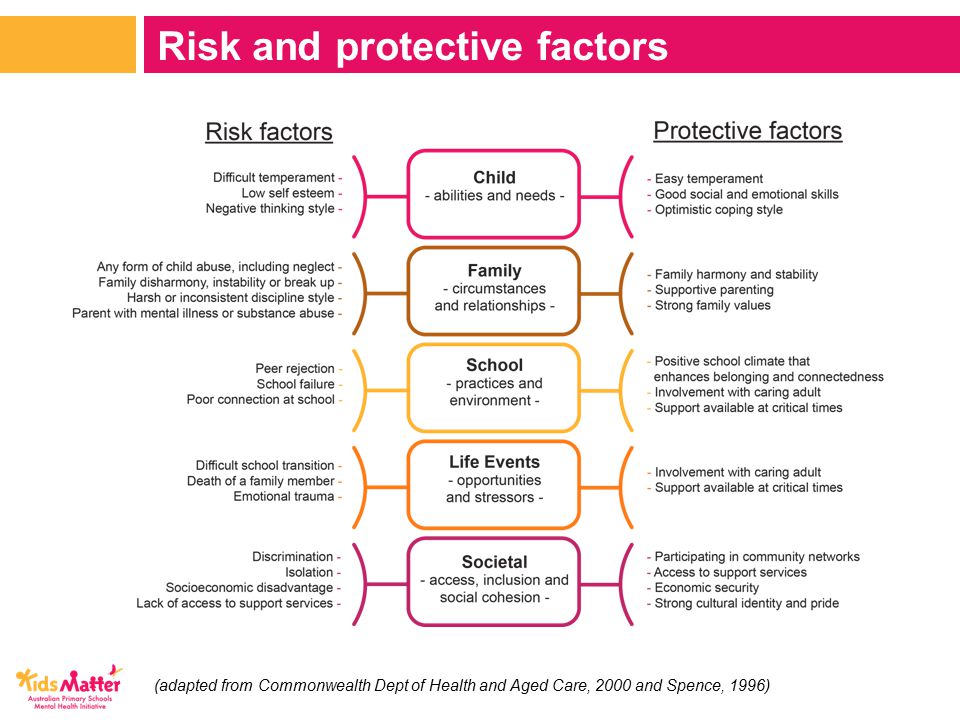
You can, however, support them with words of affirmation. Even if something seems obvious (e.g. they’re really smart), be sure to verbalize your positive perceptions of them and model receiving compliments with grace when it’s your turn.
#2 Be aware of their soft-spots or triggers.
For example, if you know their low self-esteem is related to how their parents treat them, be mindful of how you approach the topic.
They may complain about their parents, but you may want to avoid joining in on the criticism. Instead, help them to reframe how they see their parents treatment (e.g. perhaps their parents are highly critical of them, but it’s a reflection of their own perceived shortcomings).
#3 Give them space to grow on their own.
Self-expansion theory suggests that we’re happiest in our relationships when we are given space to grow and embrace new experiences.
You may be inclined to try to be their sole source of support in order to boost their self-esteem or you may want to protect them from potentially deflating experiences, but they’ll be better off if you offer support while also making space for individuality and personal growth.
Adi Jaffe, PhD
Speaker | Author, The Abstinence Myth
Self-esteem can be improved through long-term positive interactions
Low self-esteem often feels like a trait to those who struggle with it – something constant and unchangeable. This is often due to a long history of carrying around self-doubt and anxieties around fitting in with others, being rejected and/or not being good enough for a whole host of reasons (physical, psychological, social and the like).
Nevertheless, I’ve found that self-esteem can absolutely be improved through long-term positive interactions and a resetting of expectations and perspective.
Some examples of techniques that are relevant here broadly are Cognitive Behavioral Therapy and Mindfulness.
While there are many ways that individuals deal with low self-esteem in their everyday lives, being in a relationship can prove especially challenging for anyone struggling with low self-esteem because they can often either a) look for their partner to fix their self-esteem struggles or b) isolate and detach from the relationship due to feeling of low self-worth.
In my experience, one of the best solutions for this is transparency in the relationship and a deepening of the connection, often specifically around the internal struggles.
I’ve found that, while many individuals try to avoid or ignore the self-esteem problem, being open about it can lead to much more constructive long-term solutions.
This is obviously most relevant in long-term very intimate relationships (such as among married or engaged couples) because it can take time to work through the shame of revealing the struggles in the first place and then building the long-term trust needed to negate the low self-esteem itself.
As self-esteem is often linked to fears of rejection, building trust and intimacy in a relationship can sometimes go a long way towards addressing the issue since the internal fear that “if anyone knew how I see myself they would leave me,” can be somewhat alleviated by ongoing honest conversations about self-esteem that don’t result in a break in the relationship.
Nevertheless, exploring these issues can sometimes feel unsafe enough to require professional help or guidance, at least at the outset.
Dr. Shelley Sommerfeldt
Clinical Psychologist | Founder, Loving Roots Project
Remember that your self-esteem is not the responsibility of your partner or of the relationship
Self-esteem can be very challenging and when we are lacking in confidence, it can feel impossible to change that. It is also very difficult in relationships because people can project their own insecurities onto their partner or take out their frustrations and lack of confidence in others.
So working toward building your self-esteem is essential. It is also important to remember that your self-esteem is not the responsibility of your partner or of the relationship.
We should not rely on our partner’s feedback and viewpoints to help validate and build our own self-esteem.
Of course, partners should be supportive of one another, especially when one is struggling with any sort of issue, but it is important to remember that self-esteem is about the “self” and one’s own internal viewpoint.
When in a relationship and a partner is struggling with self-esteem issues, remember to be supportive, reduce criticism and express genuine positive feedback when you can.
If you are looking for ways to boost your self-esteem, again remember not to rely on your partner, but to rely on yourself.
You can implement coping skills that will help you to express negative emotions, such as journaling, writing, practicing yoga or meditation and also exercise or daily walks.
You can also engage in daily positive affirmations where you come up with a few positive things about yourself that you can recite and say to yourself.
Another self-esteem booster is to practice gratitude. The expression of gratitude and things that we are thankful for often helps to boost how we feel about ourselves and our own positivity so think of a way you can incorporate a gratitude practice in your daily routine.
This could be reflecting in a journal each evening about something you are grateful for that day or it could be to express to someone else something that you are thankful for.
Practicing gratitude can make others feel good as well as ourselves and it can boost our self-esteem and our own happiness.
Rori Sassoon
NYC’s Relationship Expert | Co-founder, Platinum Poire
You need to talk, otherwise, you will not know how they feel. Work towards establishing a comfort zone with your partner.
When you can be open, honest, and safe to communicate how you feel with your partner, there will be no issue that you can’t work on together.
Actions speak louder than words
If you’re communicating that you feel there are certain inappropriate actions that your partner is doing that is making you insecure (within reason) or you’re communicating something that makes you feel bad and your partner doesn’t make changes to their behavior, maybe you need to evaluate if your partner meets your needs.
Are you a good fit for them? If your partner is stepping up to the plate and backing their words up with action, not just the “I love you’s” “I miss you’s” and “I want to spend time with you” – then you can create a relationship that works for both of you.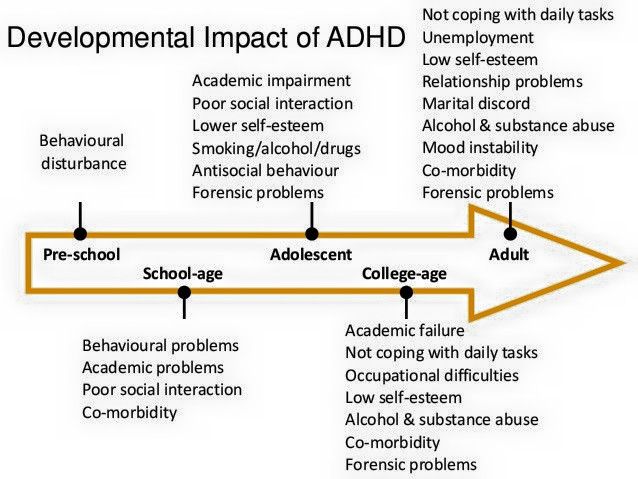
Synchronize, don’t compromise.
It starts with you
When you feel safe and secure, you will feel more secure with them. Take a look at yourself first.
If the behavior that is making you insecure is something that wouldn’t be tolerated in an office environment, chances are you have a legitimate reason to be insecure.
Choose wisely
Make the right choice for a partner. Know what works for you and be discerning.
Vikki Ziegler
Divorce Attorney | Relationship Expert
Low self-esteem can cause a person to have negative thoughts and feelings to put themselves down and make them feel more critical and react explosively want to a situation does not warrant that type of behavior.
When you’re in a relationship with someone that has low self-esteem you must be very careful the way you choose your words.
Anything you say can make someone feel less than and worse about themselves and they already do.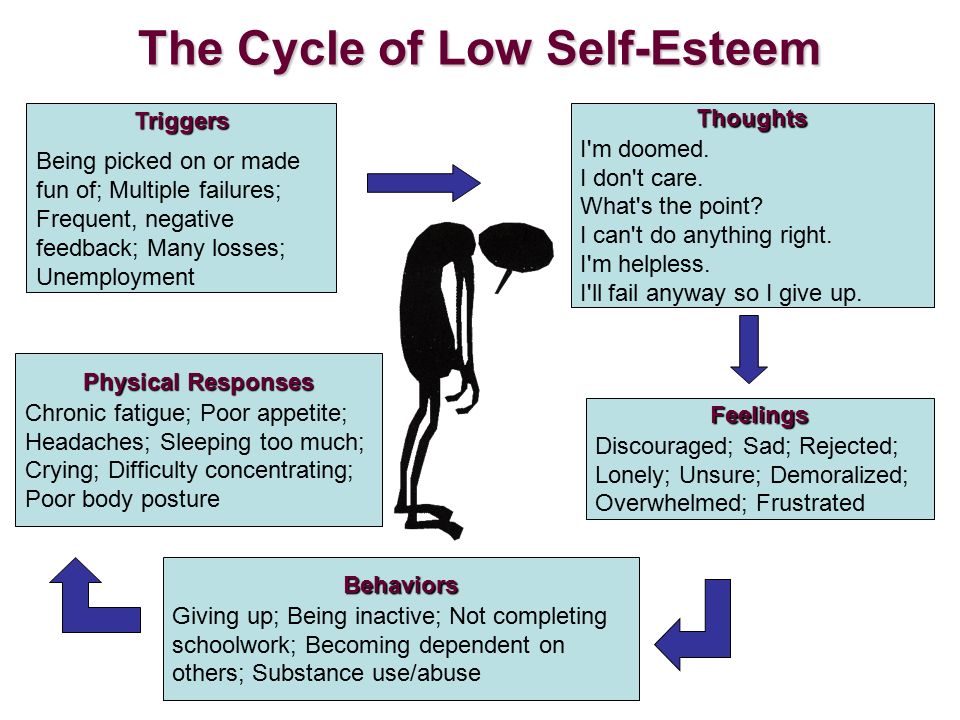 You need to figure out a way to properly communicate so that you don’t push this person into a corner and make them shut down.
You need to figure out a way to properly communicate so that you don’t push this person into a corner and make them shut down.
You also should go to therapy with your significant other and tried to work on your relationship skills as well as them working on their own low self-esteem issues to enhance their lives and your happiness.
People with low self-esteem have to be able to distinguish who is trying to help them in who is trying to hurt them so they can ask what your intentions are in a circumstance so that they may discover someone is trying to help them or is projecting anger or opinions negatively.
When you’re dealing with someone with low self-esteem you can show them after an argument how to change and try to refocus the negative consequences and guilt into a positive experience by explaining what you meant and why they are perceiving it in and in proper fashion.
It’s important to journal things that you believe trigger your partner with low self-esteem and then create safe words that if you feel as though they’re going into a negative space that they can try to snap out of it or think of a happy time or place so that you can try to reposition a re-focus the conversation.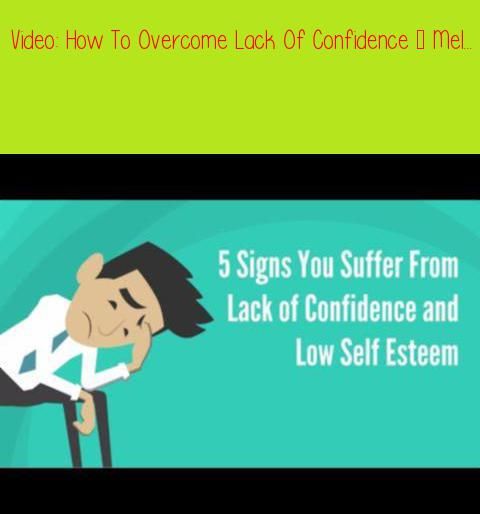
Encourage your partner to do things that they perhaps wouldn’t normally do. And take them out of their comfort zone to see that there really is no fear and feeling good about yourself and doing things that aren’t so comfortable.
Try to show your partner that comparing yourself to other people or past relationship is not healthy. Being unique in having your own DNA makes the person special and try to remind them why you love them in the first place.
It’s important for you to support your partner with low self-esteem to join support groups online read books and try to work out childhood issues so that you can have a healthy and long-lasting relationship with somebody that loves himself because if you don’t love yourself you can never love somebody else authentically.
Caleb Backe
Health & Wellness Expert, Maple Holistics
One of the more profound reasons for why self-esteem is so important lies in the understanding that if you aren’t able to see the intrinsic worth within yourself, how are you supposed to do the same in others?
Self-esteem affects everything from your motivation, to your drives, to your basic innate ability to feel good about yourself and where you’re heading.
It sounds like an abstract concept but really, it’s simple: if you don’t value yourself, how can you value anything within the ‘bubble’ that is your life – including your partner?
With this in mind, there are various ways to deal with low self-esteem in a relationship:
Affirmations – Talk to yourself positively to improve your self-esteem. Say nice things out loud to yourself, and even to your partner. This will help you to notice your intrinsic self-worth as well as your S.O’s.
Self-Care – A large aspect of your inability to see your self-worth lies from the fact that you don’t give yourself the time or space to do so.
Set time aside (ideally, daily) to practice self-care. Whether that’s a bubble bath or a yoga practice, do something to remind yourself that you deserve good treatment!
Communication – Communication is vital in any relationship, but it’s all the more crucial to articulate yourself and your emotions when you suffer from low self-esteem.
Practice being assertive and know that your needs are important and deserve to be met.
Steve Clark
Blogger , LifeLoveandBlog.com
A partner with low self-esteem can have a detrimental impact on the couple’s relationship.
Their low self-image can make it difficult for them to receive positive words of affirmation from their significant other. A husband looking to complement his wife on her appearance may have his words and good intentions met with negativity.
Because of her feeling about her appearance, she may receive his words as insincere or she may just downplay them altogether.
In time he may begin to lose this patience and stop trying to compliment her. Why try when she is just going to reject his compliment?
When your partner has low self-esteem, it’s important that you take steps to build them up and reinforce your feelings and commitment.
Some actionable steps you can take to help improve your partner’s self-image include:
Routinely use sincere words of affirmation
Use your words to build up your partner on a routine basis. Make sure they know that they are loved, supported, and valued. It cost nothing to be nice. People can generally tell when someone is being insincere.
Giving a partner with low self-esteem an insincere compliment can be devastating to them and your relationship. You may struggle to regain their trust. If you can’t be sincere, then just be quiet.
Praise them to family and friends
Seek out opportunities to speak well of your partner to others. Be sure they are around to hear your compliment. People generally love it when someone they care about notices good things they have done.
Pay attention to what is going on in your partner’s life and make sure others know how great they are doing.
Volunteer with them
People generally feel better about themselves when they are doing good for others. Look for areas in your community where you can volunteer together.
Be patient
Understand that it may take some time for your partner to feel better about themselves. Your job is to love and support them. Let them know of your commitment to them and your relationship.
I think it is natural at times for all of us to have some self-doubt. We need that loving and supportive person in our life to pick us back up. If your partner is at a place of self-doubt, use the tips above to help them regain their confidence.
How useful was this post?
Click on a star to rate it!
We are sorry that this post was not useful for you!
Let us improve this post!
Tell us how we can improve this post?
How low self-esteem can ruin a relationship with a loved one
Low self-esteem is the reason why even the most loving couples can break up. When one of the partners begins to underestimate himself, treat himself worse than others, this is the first sign that problems will soon arise in the relationship. Here are some workable ways you can ruin your relationship with your loved one in no time.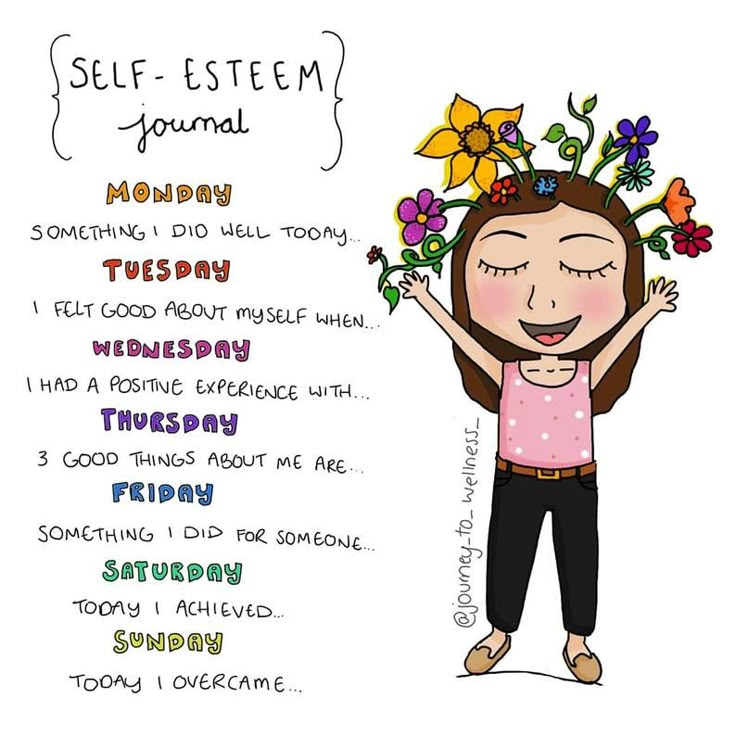
1. Thinking that you don't deserve a person
“For what merit did I get a girl like you?” or “I don’t deserve you” - these are just a small part of the most common phrases that can be heard from the lips of a notorious person. He will always be sure that he is not handsome enough, smart, wealthy, interesting enough to meet his partner. The people around him seem better than himself in every way. The problem is that a person can convince not only himself, but also his partner of his “inferiority”. nine0003
2. Looking unattractive
Not in the literal sense of the word, because it's not about appearance. Attractiveness is both behavior and character. If you present yourself as a person who is in desperate need of something or someone, this will most likely only scare the girl away.
3. Afraid to trust a person and show their vulnerability
A person with low self-esteem can be characterized as overly cautious, which is especially evident in relationships.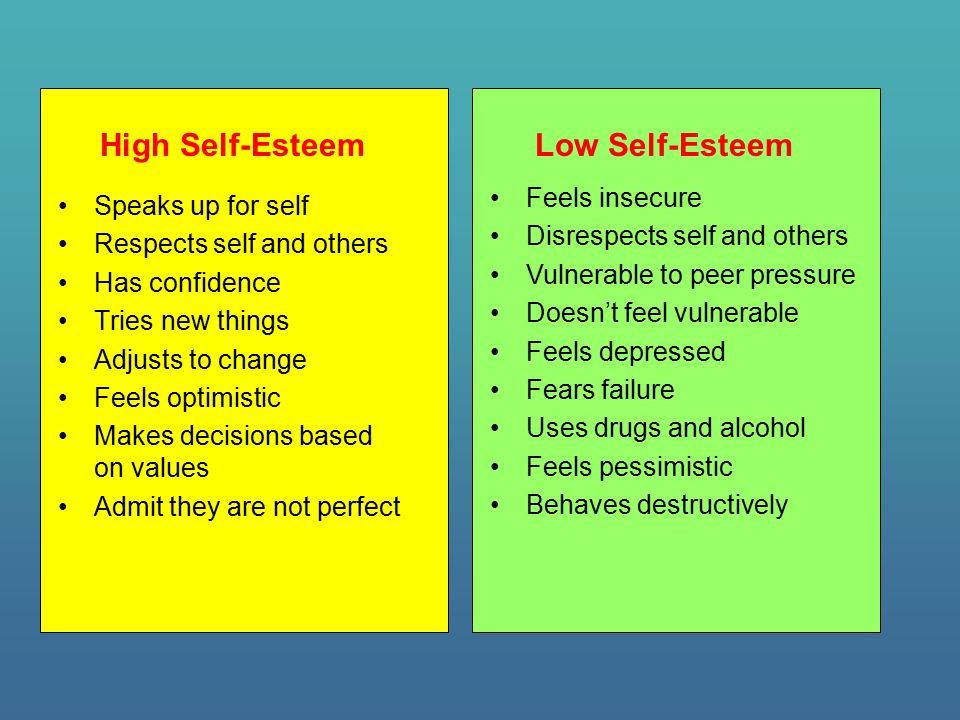 Yes, he specifically controls his feelings, limits the depth of his intimacy, tries not to give out his weaknesses. He is afraid that he will be betrayed, abandoned, ridiculed. It interferes with normal relationships. nine0003
Yes, he specifically controls his feelings, limits the depth of his intimacy, tries not to give out his weaknesses. He is afraid that he will be betrayed, abandoned, ridiculed. It interferes with normal relationships. nine0003
How to behave when trust is lost in you
4. Do not accept yourself
Healthy self-esteem is the ability to accept your strengths and weaknesses. A person objectively evaluates his capabilities and is not afraid to show others and, most importantly, his partner, that he is far from perfect.
5. Being insecure
Self-confidence greatly affects people's impression of you. When you are confident in yourself, it at least looks attractive and collects admiring glances from the opposite sex. In addition, without self-confidence, it will be extremely difficult for you to build a constructive dialogue with a partner and defend your interests. nine0003
6. Worry about pleasing your partner
A person with low self-esteem is likely to be constantly under stress.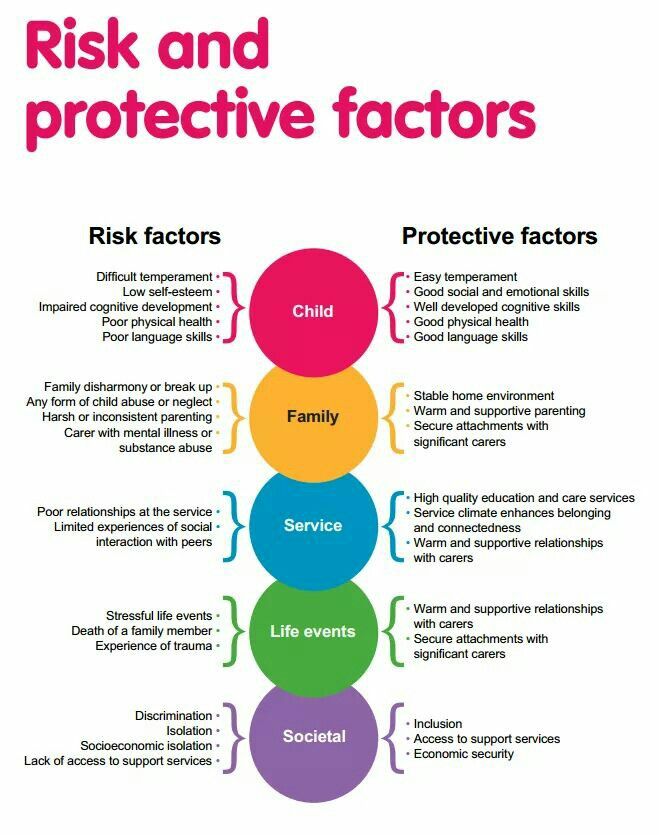 He will not be able to openly talk about his thoughts and feelings with a partner, because he will avoid any possible conflicts in every possible way. Your loved one may never wait for the moment when you appear before him in real.
He will not be able to openly talk about his thoughts and feelings with a partner, because he will avoid any possible conflicts in every possible way. Your loved one may never wait for the moment when you appear before him in real.
7. Tolerate bad treatment
When you have low self-esteem, you are unlikely to wonder why your loved one treats you disrespectfully. You don’t respect yourself either, so it’s normal for you to endure a bad attitude. In fact, every person deserves to be treated with kindness and warmth. And until you normalize your self-esteem, you will not take this rule seriously. nine0003
8. Blame yourself for everything
“I'm the bad one and I'm doing everything wrong”, “I'm the one who provokes my partner”, “I'm the one who needs to change and make more efforts”. Where you just need to try to objectively analyze the situation, a person with low self-esteem will bombard himself with accusations, without even suggesting that he might be involved.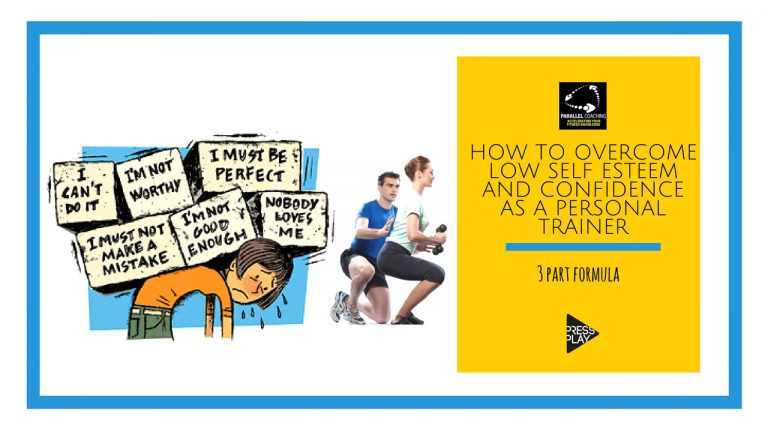
10 signs that you may have hidden depression
9. Lying Don't create unnecessary problems for him. But by doing so, you do not facilitate your life together. You can still understand that something is wrong, and your partner will most likely puzzle over your strange behavior. nine0003
10. Do not set personal boundaries
It is important in a relationship to discuss your personal boundaries. For example, make it clear to your partner that meeting friends on the weekend is very important to you, and you do not want to quarrel over this. Or let them know that you're not ready to meet your parents right now because it's too soon. A person with low self-esteem is unlikely to defend his interests.
11. Pretending to be someone else
This is about those very situations when you are embarrassed to be yourself next to your loved one, because you are afraid that he will refuse you or not accept your true face. Ultimately, you may feel angry because of the inability to behave the way you want.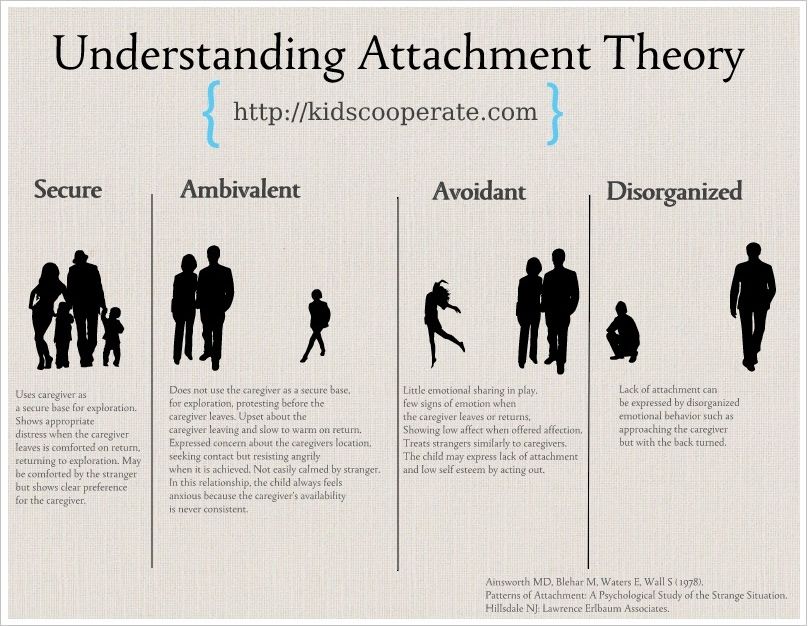 nine0003
nine0003
12. Become dependent on a partner
“I can't do without her,” says a person who has a strong fear of ending a relationship. It seems to him that life without a partner will become unimaginably difficult, and he tries with all his might to prevent a breakup. But instead it only makes things worse.
How to Increase Self-Esteem and Confidence: Psychology
824,615
Practices how to
Tip 1. The only way to realize who you are is to find what suits you. nine0003
Advice 2. Talking about relationship problems reduces fear of abandonment.
Tip 3. You may be trying to guess what the norm is all the time. It is important for people with low self-esteem to know and understand that the concept of "normality" does not exist. It is more effective to ask yourself the question: what is really important to you? What is important to your family? The challenge isn't to figure out what's normal for you, but to figure out what works best for you and your loved ones. nine0003
nine0003
Tip 4. The first step in overcoming any bad habit is to become aware of it. To boost self-esteem and self-confidence, just observe yourself. Instead of engaging in self-judgment, try to get to know yourself by analyzing how you behave. When a person begins to look at himself honestly and without judgment, can separate himself from his behavior, he is able to change, develop and grow.
Tip 5. Feelings cannot be right or wrong. If we consider our feeling to be wrong, then guilt is added to it, and this makes the situation even worse. The anger you feel is real. If you decide that it is wrong to feel angry and that you should be compassionate instead, it will not help you. You cannot substitute one feeling for another. nine0003
Advice 6. It is impossible to completely overcome the feeling of loneliness, but there are ways to reduce it. First of all, you need to take the risk of opening up to others. The best way to get what you need is to start doing it yourself.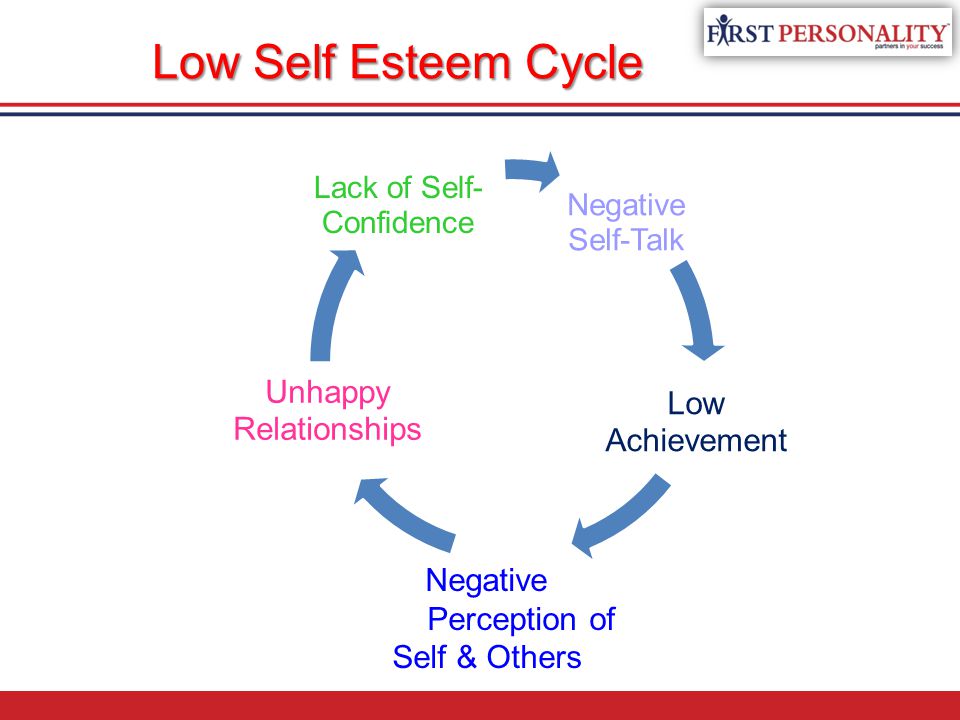 If you want to be loved, first offer your love to others. This is the risk of being misunderstood, abandoned. But by avoiding risk, you doom yourself to loneliness. If you take risks, you get the opportunity to change. It's not enough to try once. Make a promise to yourself that every day you will step out of your comfort zone a little. nine0003
If you want to be loved, first offer your love to others. This is the risk of being misunderstood, abandoned. But by avoiding risk, you doom yourself to loneliness. If you take risks, you get the opportunity to change. It's not enough to try once. Make a promise to yourself that every day you will step out of your comfort zone a little. nine0003
When you choose to be yourself, you become much more empowered.
Tip 7. There is a good group exercise that shows that self-criticism is always very subjective. Participants sit in a circle, the task is to free themselves, in whole or in part, from those qualities that they no longer want to possess. If someone likes the rejected qualities, he or she can appropriate them.
For example, one participant says that he wants to get rid of procrastination, and this quality does not have time to reach the center of the circle, while another already says that he would like to take it, because, on the contrary, he is hyperactive.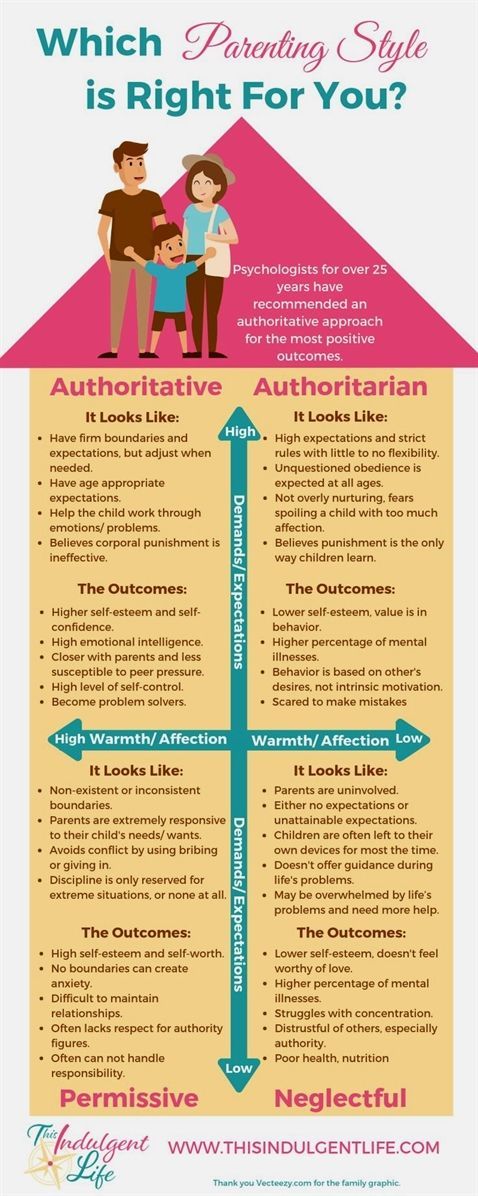 Someone else says, “I want to get rid of guilt,” and immediately gets the answer: “I need some of your guilt. I feel too selfish." nine0003
Someone else says, “I want to get rid of guilt,” and immediately gets the answer: “I need some of your guilt. I feel too selfish." nine0003
The exercise demonstrates that our traits need to be studied. To what extent are they useful to us? How much do they interfere? Obviously, judging yourself and your shortcomings is not helpful. When you choose to be yourself, you have many more opportunities to improve your self-esteem.
Advice 8. An acute reaction to a minor event—for example, friends canceling a meeting at the last minute—is usually related to our past. Something similar has happened before - once or many times, usually in childhood. nine0003
The first thing you need to do is to be clear about when you start to overreact. How appropriate is your response to the circumstances? Is it worth it to react so sharply? If these questions make you feel defensive, then you are indeed overreacting to the situation.
The first step towards overcoming such reactions is to realize their essence and understand what caused them in the past.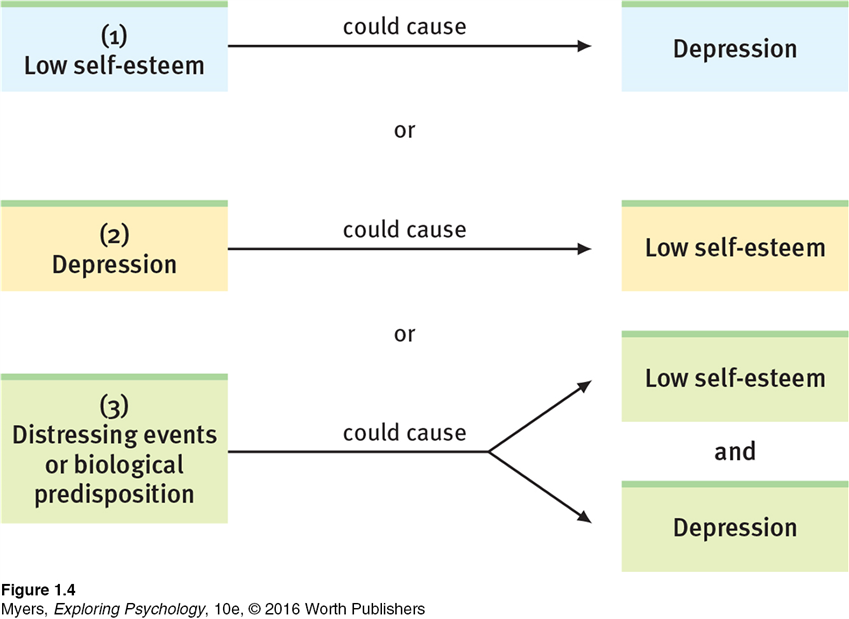 The next step is to consciously change habits. Ask yourself how attached you are to your usual plans. Can you go home another way? Or go to the store on Wednesday instead of Thursday as usual? Can you change plans without disorienting yourself? This is a chance to become more flexible. Flexibility in one area makes it possible to develop flexibility in other areas. nine0003
The next step is to consciously change habits. Ask yourself how attached you are to your usual plans. Can you go home another way? Or go to the store on Wednesday instead of Thursday as usual? Can you change plans without disorienting yourself? This is a chance to become more flexible. Flexibility in one area makes it possible to develop flexibility in other areas. nine0003
Advice 9. Analyze what kind of people are in your life and what is the nature of your relationship with them. Do you receive from others as much as you give to them? To what extent are these people stronger or weaker than you? Perhaps if you objectively evaluate your surroundings, you will see that you are giving people more than you are receiving. Then you will have to change your social circle and maintain relationships only with those who are capable of symmetrical relationships.
Perhaps this is because you yourself do not allow others to do things for you. You consider yourself strong enough to take care of yourself, but allow others to participate in your life.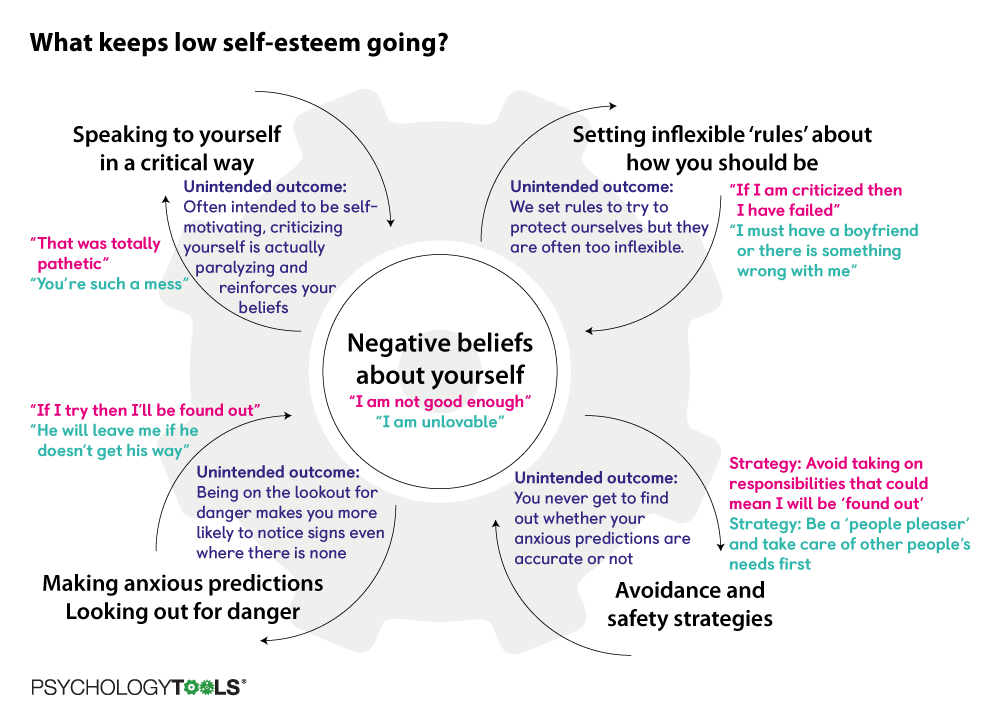 nine0003
nine0003
Pain, sadness or anger can only belong to the one who feels it
Tip 10. If you say to yourself day after day: “Why am I staying with this person? Why can't I give it all up?" - It is worth analyzing your relationships. People who do not deserve our loyalty are often very critical of us. They often criticize us. Be careful when you hear this - who is the person really talking about? Do his statements really apply to you, or is he projecting his own shortcomings onto you? nine0003
Pain, sadness or anger can only belong to the one who experiences it. These feelings should not become yours, you can only show empathy and compassion. You may have been dragged into an unhealthy relationship by playing on guilt. If you are easily manipulated based on this feeling, you begin to think that you owe something to someone else. “He was kind to me. He took care of me."
Feeling guilty or obligated for these reasons is wrong. You don't owe people anything for supporting you. You are self-worth. If you feel obligated to support them, you are admitting, "I'm worthless." nine0003
You don't owe people anything for supporting you. You are self-worth. If you feel obligated to support them, you are admitting, "I'm worthless." nine0003
Advice 11. You will gain self-confidence if you can solve the tasks that you have set for yourself. Tasks can be simple or complex, but you need to be sure that they are achievable.
Things don't always work out. If something worked out, it’s great and it didn’t happen by accident, you deserve your success. Reward yourself for completed tasks. Always remember the things that you are good at. Don't ignore them. Use them as a foundation to become a whole person. If you didn’t succeed, you need to get out of this situation and try something new. It shouldn't devastate you. nine0003
About the Expert
Janet Voititz (1939–1994) pioneered research into the problems of children and families of alcoholics in the 1980s. The impetus was her husband's alcoholism. Woititz found that children of alcoholics and children who grew up in single-parent families, as well as families where one or both parents suffered from addictions and phobias, as a rule, grow up with low self-esteem and experience great difficulties in communicating with other people.



